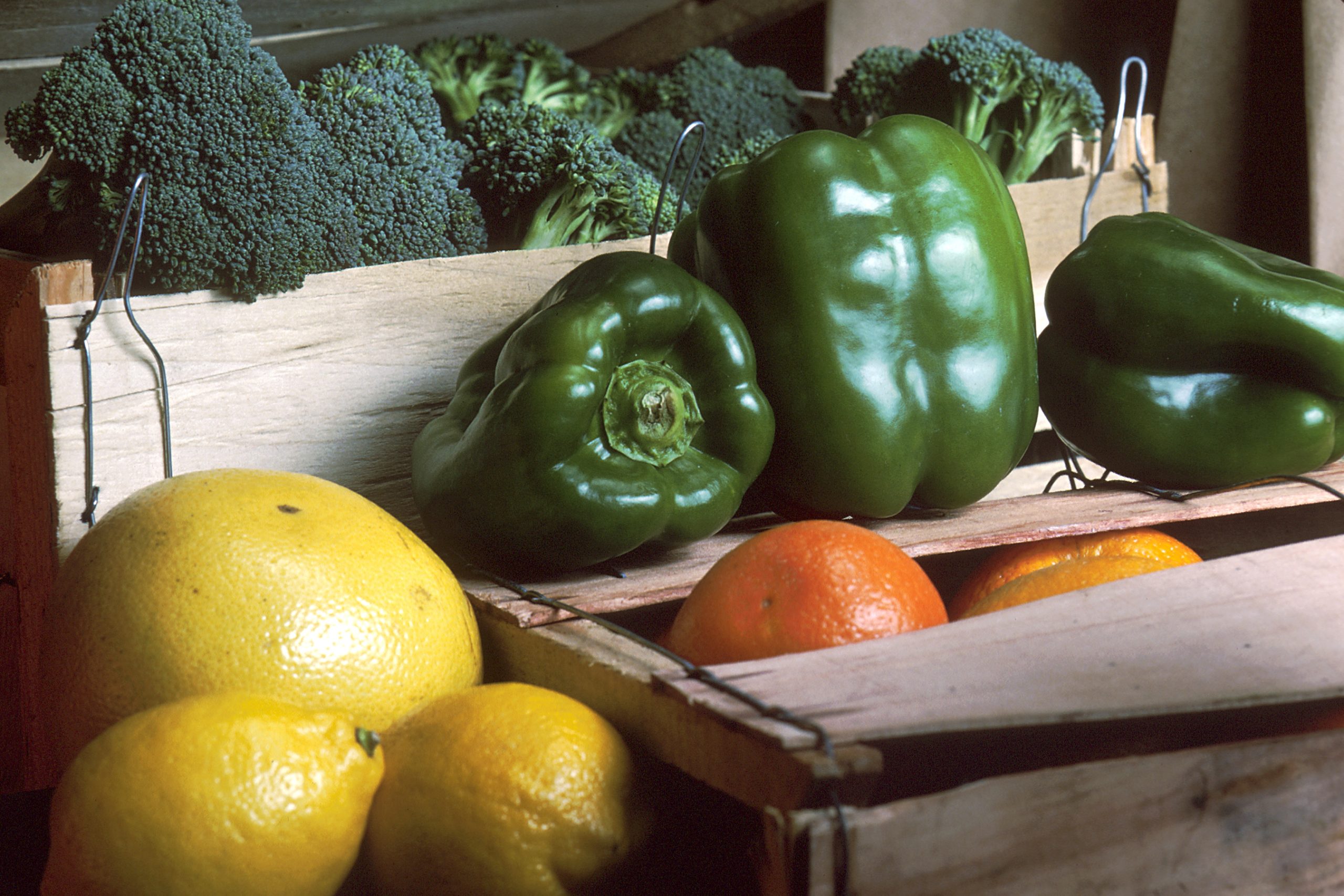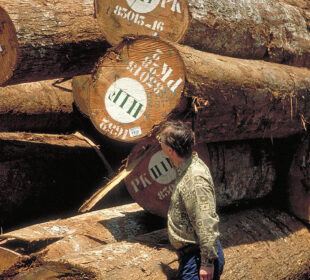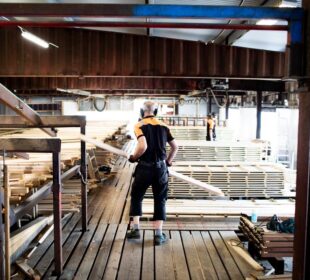Investigations conducted in Spain and France confirm that wood is perfectly suitable in contact with fruit, fish and cheese, due to its antibacterial properties. These reports refer especially to wood from black poplar and pine trees.
The results were introduced at European scale at the 66th FEFPEB conference in Cork (Ireland) and at the 29th conference of the European Federation of Food Science and Technology (EFFoST) held in Athens (Greece).
The research presented in Cork was guided by F. Aviat and M. Federighi and their conclusions were carried out by the French consortium EMABOIS, according to FEDEMCO.
These conclusions came in accordance with the work on fish crates, carried out in Spain by José Juan Rodríguez Jerez from the Faculty of Veterinary Medicine of Barcelona. His work was presented in Athens.
Many French research authorities (such as Actalia, ESB, ESI Reims, FCBA, and ONIRIS) participated at the EMABOIS project. They were useful to validate specific methods and protocols of microbiological and chemical analysis on wood, as FEDEMCO states.
The results of the project showed how harmless the wooden surfaces are. Moreover, they are microbiological hygienic when they come in contact with fresh produce such as fruit, vegetables, fish and dairy products.
The wood from black poplar, pine and fire trees has a strong antibacterial effect in different cases because of the physical inhibition. Conclusions of the study have shown that the porosity of wood is, in this sense, an advantage in comparison to “smooth” materials.
Professor Rodríguez Jerez stated that, due to the antibacterial properties of wood, it’s the least contaminated material after being in contact with fish. Also, he added that wooden crates help preserve its quality.
Aviat and Federighi’s conclusions also showed that the migration of molecules of wood is harmless to the consumer.
[gravityform id="1" title="false" description="true"]















